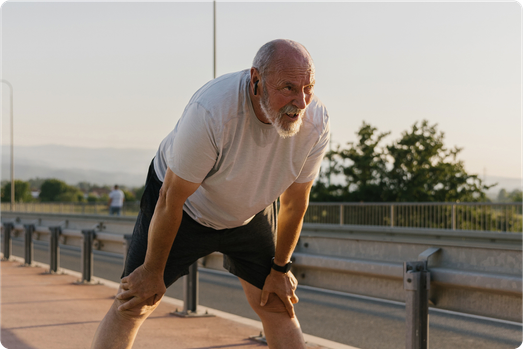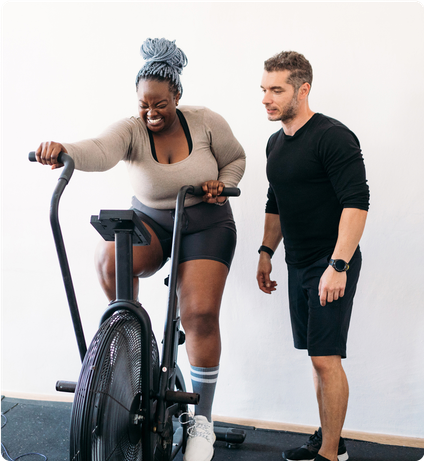
We help you find joyful progress on your own wellness journey!
Get your personalized training plan now
Your healthy life starts here
Explore our five wellness apps designed to help you achieve your health goals From fitness to yoga, our three wellness apps are made to help you move with purpose.
See AllMuscle Booster
Yoga Go
WalkFit

3+
products
200M
installs
6+
years
700+
wellmakers
Your Wellness Hub
Explore energizing workouts, wholesome recipes, calming meditations, and expert advice—all for a whole-body and mind approach to feeling amazing
Categories
See AllOur most recent articles
The latest articles from Welltech Blog















